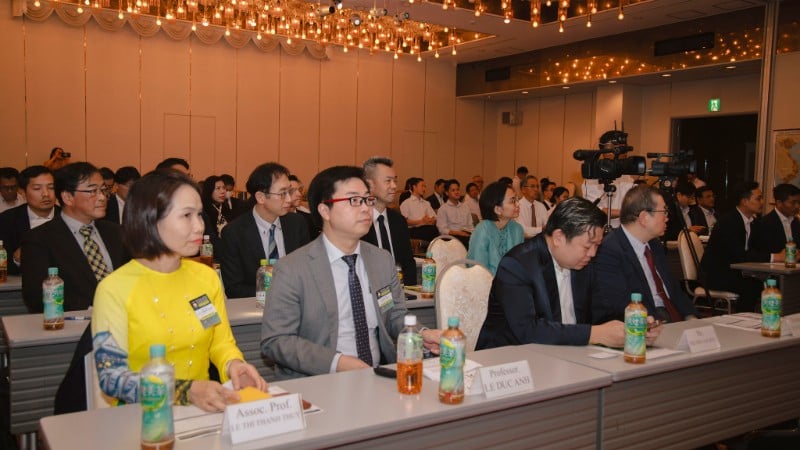
The Vietnamese Consulate General in Osaka said on October 20 that the first Vietnam-Japan Semiconductor Conference recently took place in Japan, bringing together nearly 100 delegates including scientists , businesses, experts from Vietnam, Japan and international partners, along with hundreds of online followers.
At the Conference, Vietnamese Consul General in Osaka Ngo Trinh Ha emphasized: The Conference is an important step in concretizing the cooperation commitment between the two countries in the field of semiconductor technology - one of the strategic industries of the 21st century. Vietnam highly appreciates Japan's support for the goal of training 50,000 semiconductor engineers and experts for Vietnam, and wishes to expand research cooperation, technology transfer and training of high-quality human resources, contributing to enhancing innovation capacity and deeper integration into the global value chain.
The conference is considered an important first step, contributing to affirming the role of the Vietnamese intellectual community in Japan - as a bridge to promote cooperation between the two countries in the process of building a framework for academic and semiconductor industry cooperation, in the context that this industry holds a key position in digital transformation, artificial intelligence and quantum technology.
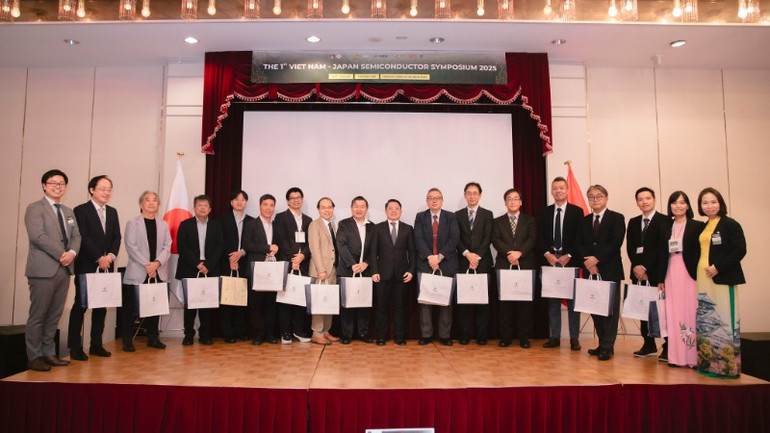
At the discussion sessions, delegates from the Japan Advanced Institute of Industrial Science and Technology (AIST), the Japan Agency for the Promotion of Science and Technology (JST), Tohoku University, the University of Tokyo, Hiroshima University, Ritsumekan University, Nara Advanced Institute of Technology, Tokyo University of Electro-Communications, Tokyo Institute of Science, Osaka Public University, Osaka University, Vietnam Semiconductor Alliance andFPT College, discussed cooperation in research, human resource development and technology transfer.
Professor Kazuya Masu (AIST) proposed a training model combining research and application, adapting to rapid technological development. Mr. Atsushi Arakawa (JST) introduced the NEXUS Program, a Japan-ASEAN cooperation initiative in semiconductor training and research. On the Vietnamese side, Dr. Truong Gia Bao (Vietnam Semiconductor Industry Resource Development Alliance) emphasized the importance of cooperation with Japan to train 50,000 high-quality human resources for the semiconductor industry.
The conference issued a statement including the establishment of a Liaison Committee to promote Vietnam-Japan semiconductor cooperation, gathering professors and intellectuals of the two countries in Tokyo, Osaka, Kyoto, Hiroshima ..., to act as a bridge between universities, research institutes and enterprises, promoting training and research cooperation according to international standards. At the same time, the conference agreed to continue maintaining a forum for professional exchange and academic-industrial connection.
At the conference, FPT Polytechnic College, the Vietnam Semiconductor Industry Resource Development Alliance and Japanese partners signed Memoranda of Understanding (MOUs) in the presence of Vietnamese Consul General in Osaka Ngo Trinh Ha. The MOUs focused on developing global training programs, promoting academic-industrial cooperation and expanding employment opportunities for Vietnamese students in Japan.
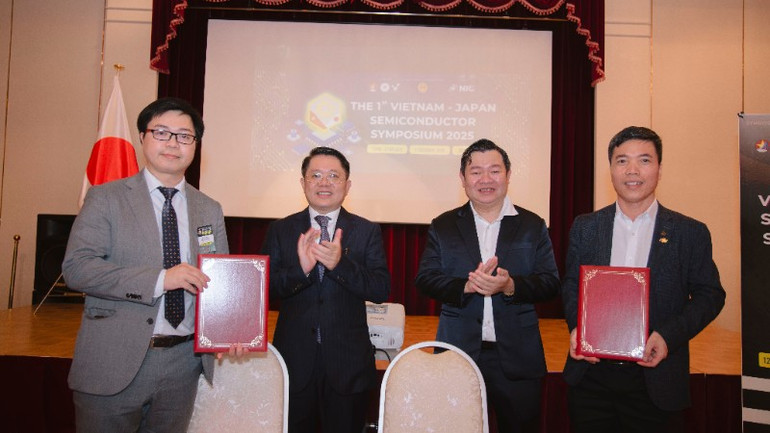
Associate Professor Le Duc Anh, Chairman of the Vietnam Intellectuals Association in Japan, shared: “We are very pleased with the strong interest and response from the academic and business communities of the two countries. The success of the first Vietnam-Japan Semiconductor Conference - VJSS 2025 is the first step for sustainable cooperation, towards building a comprehensive and long-term Vietnam-Japan semiconductor ecosystem.” Professor Tetsuo Endoh (Tohoku University) commented: “The semiconductor industry cannot develop in just one country but requires international cooperation. Vietnam and Japan need to strengthen coordination in human resource training - a field where Japan has strengths in equipment, training programs and teaching staff.”
At the end of the conference, Associate Professor Le Thi Thanh Thuy, Vice President of the Vietnam-Japan Women Intellectuals Association, affirmed that she will maintain the annual activities of VJSS, aiming to expand cooperation with research institutes and businesses of the two countries. VJSS 2025 is considered a practical start for a new phase of cooperation, while demonstrating the increasingly clear role of the Vietnamese intellectual community in Japan as an important intellectual and soft resource, contributing to the development of high-quality human resources, improving technological capacity and deepening the Vietnam-Japan cooperative relationship.
Source: https://nhandan.vn/mo-ra-nhieu-co-hoi-hop-tac-nghien-cuu-va-dao-tao-giua-viet-nam-va-nhat-ban-ve-linh-vuc-ban-dan-post916676.html


![[Photo] Prime Minister Pham Minh Chinh meets with Speaker of the Hungarian National Assembly Kover Laszlo](https://vphoto.vietnam.vn/thumb/1200x675/vietnam/resource/IMAGE/2025/10/20/1760970413415_dsc-8111-jpg.webp)
![[Photo] Chairman of the Hungarian Parliament visits President Ho Chi Minh's Mausoleum](https://vphoto.vietnam.vn/thumb/1200x675/vietnam/resource/IMAGE/2025/10/20/1760941009023_ndo_br_hungary-jpg.webp)

![[Photo] Solemn opening of the 10th Session, 15th National Assembly](https://vphoto.vietnam.vn/thumb/1200x675/vietnam/resource/IMAGE/2025/10/20/1760937111622_ndo_br_1-202-jpg.webp)
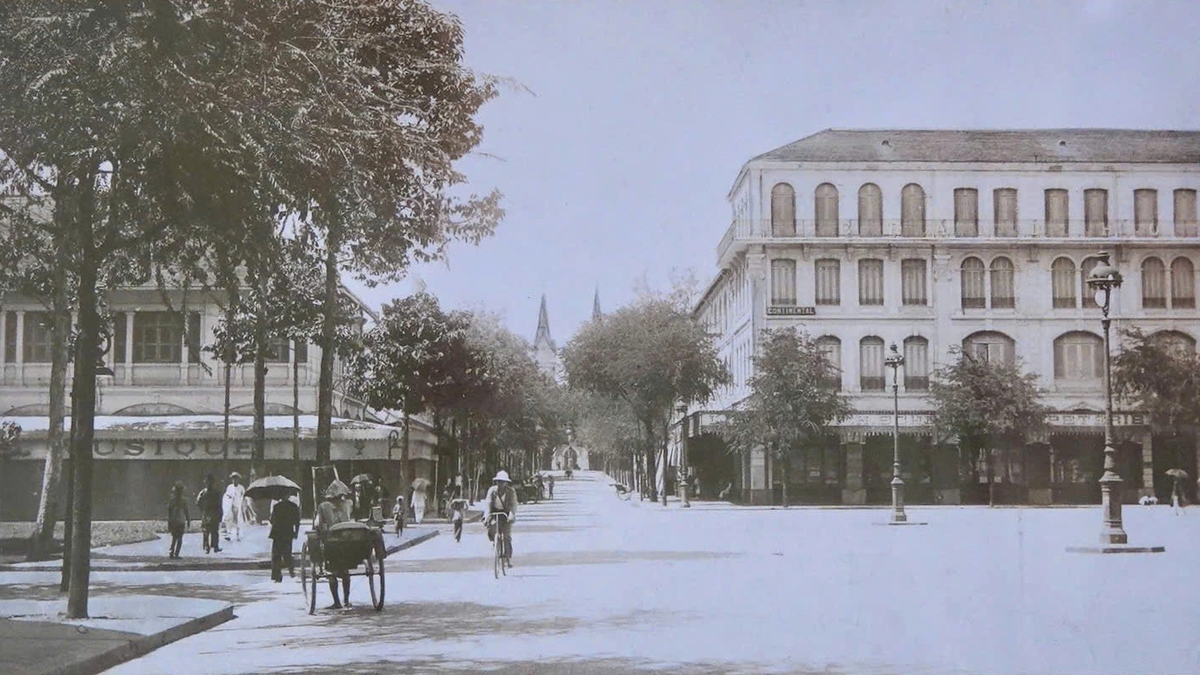
![[Photo] National Assembly Chairman Tran Thanh Man holds talks with Hungarian National Assembly Chairman Kover Laszlo](https://vphoto.vietnam.vn/thumb/1200x675/vietnam/resource/IMAGE/2025/10/20/1760952711347_ndo_br_bnd-1603-jpg.webp)
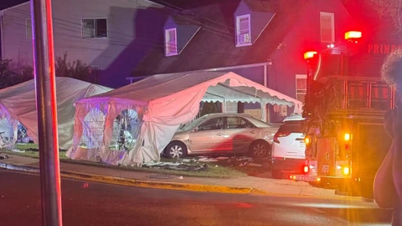

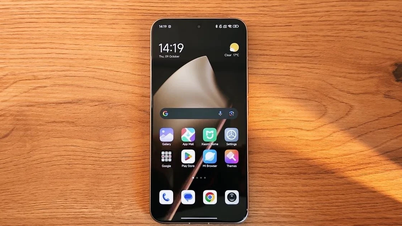
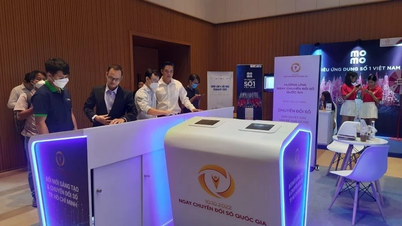

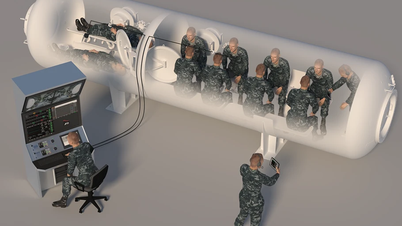






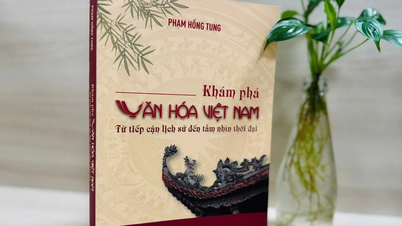
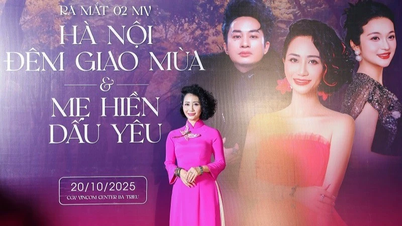
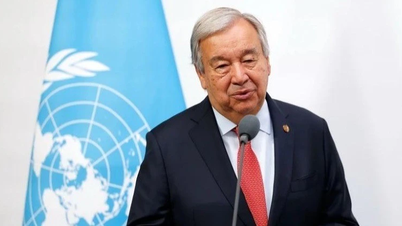
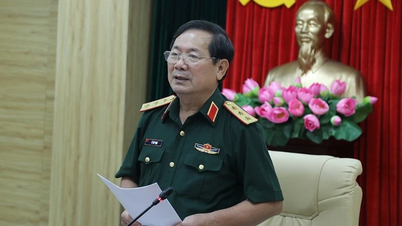
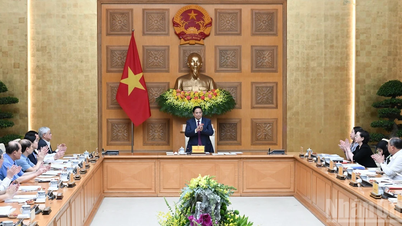
![[Photo] The Steering Committee of the 2025 Fall Fair checks the progress of the organization](https://vphoto.vietnam.vn/thumb/1200x675/vietnam/resource/IMAGE/2025/10/20/1760918203241_nam-5371-jpg.webp)


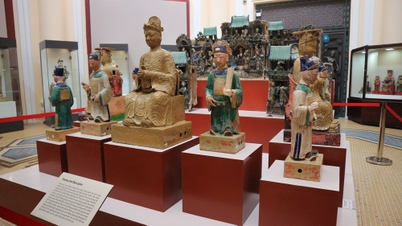
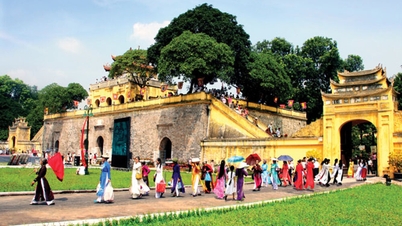

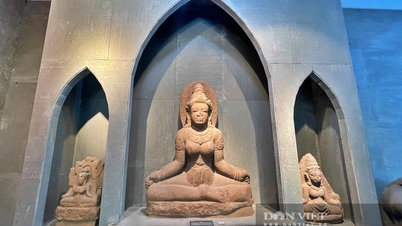

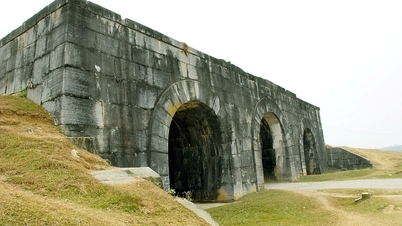
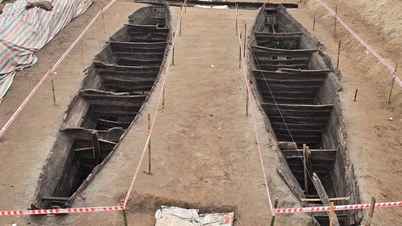

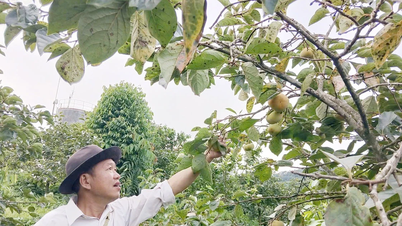

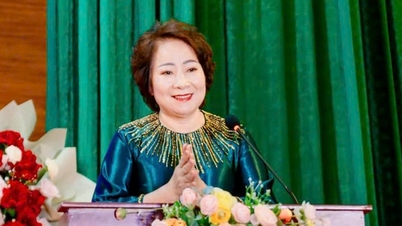



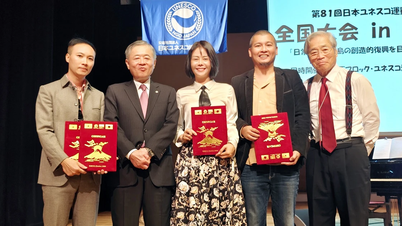
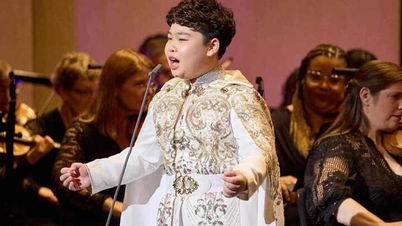

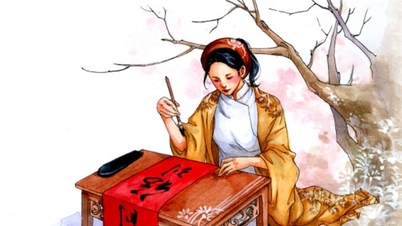


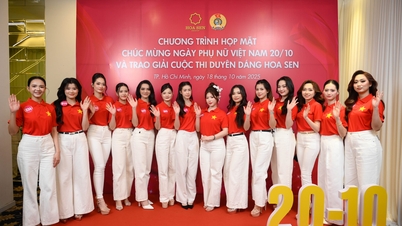

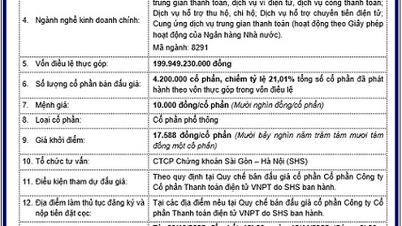
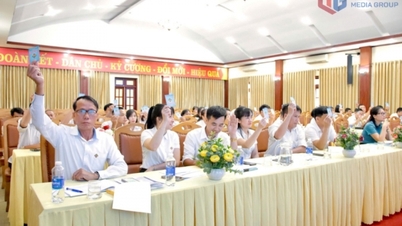

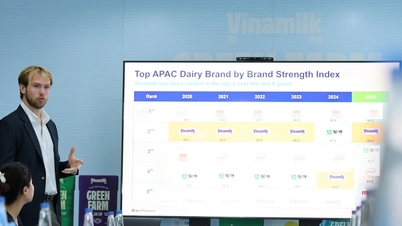

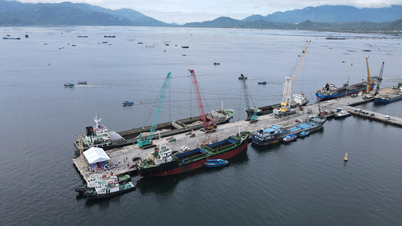








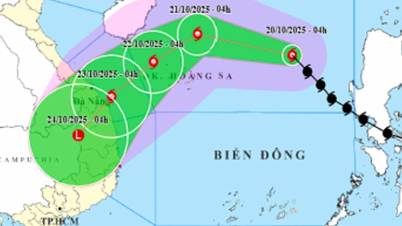
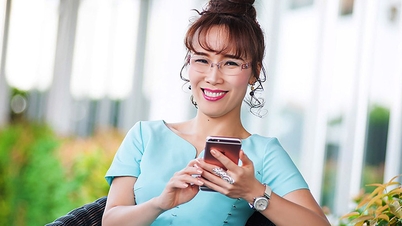
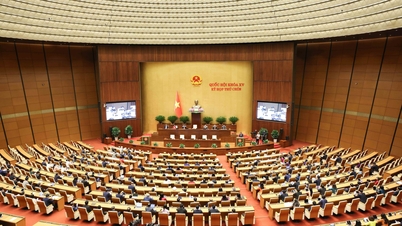

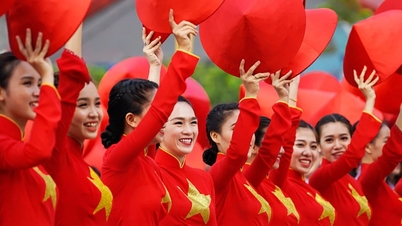

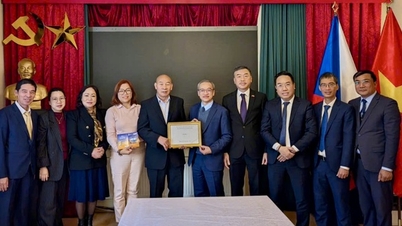

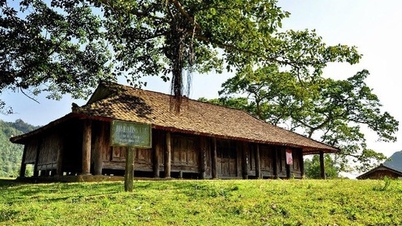
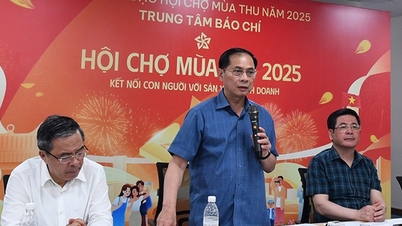
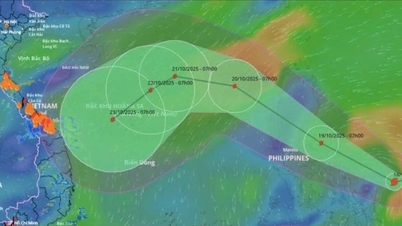

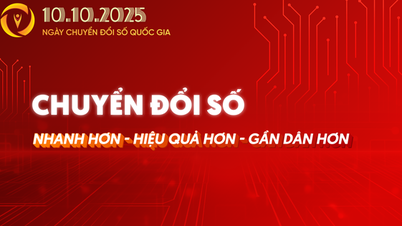

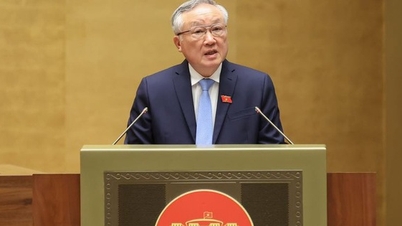
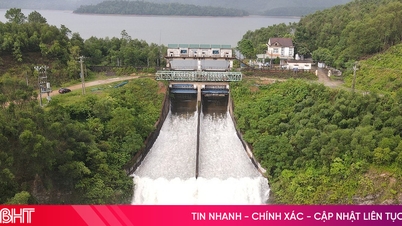

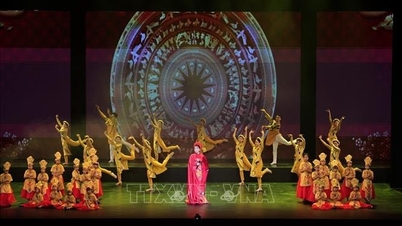


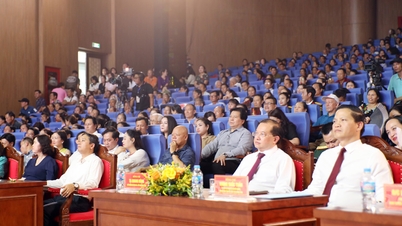

















Comment (0)